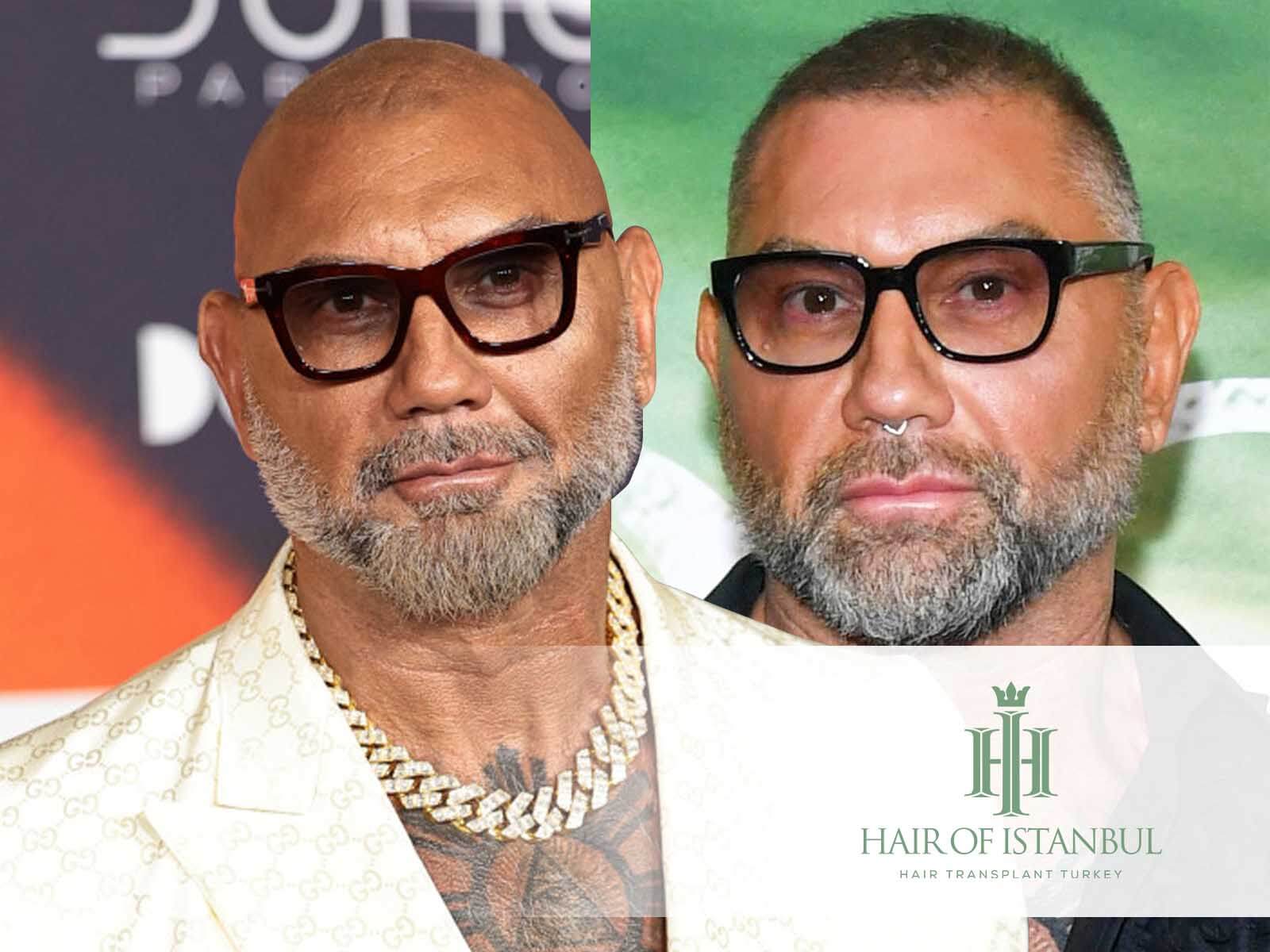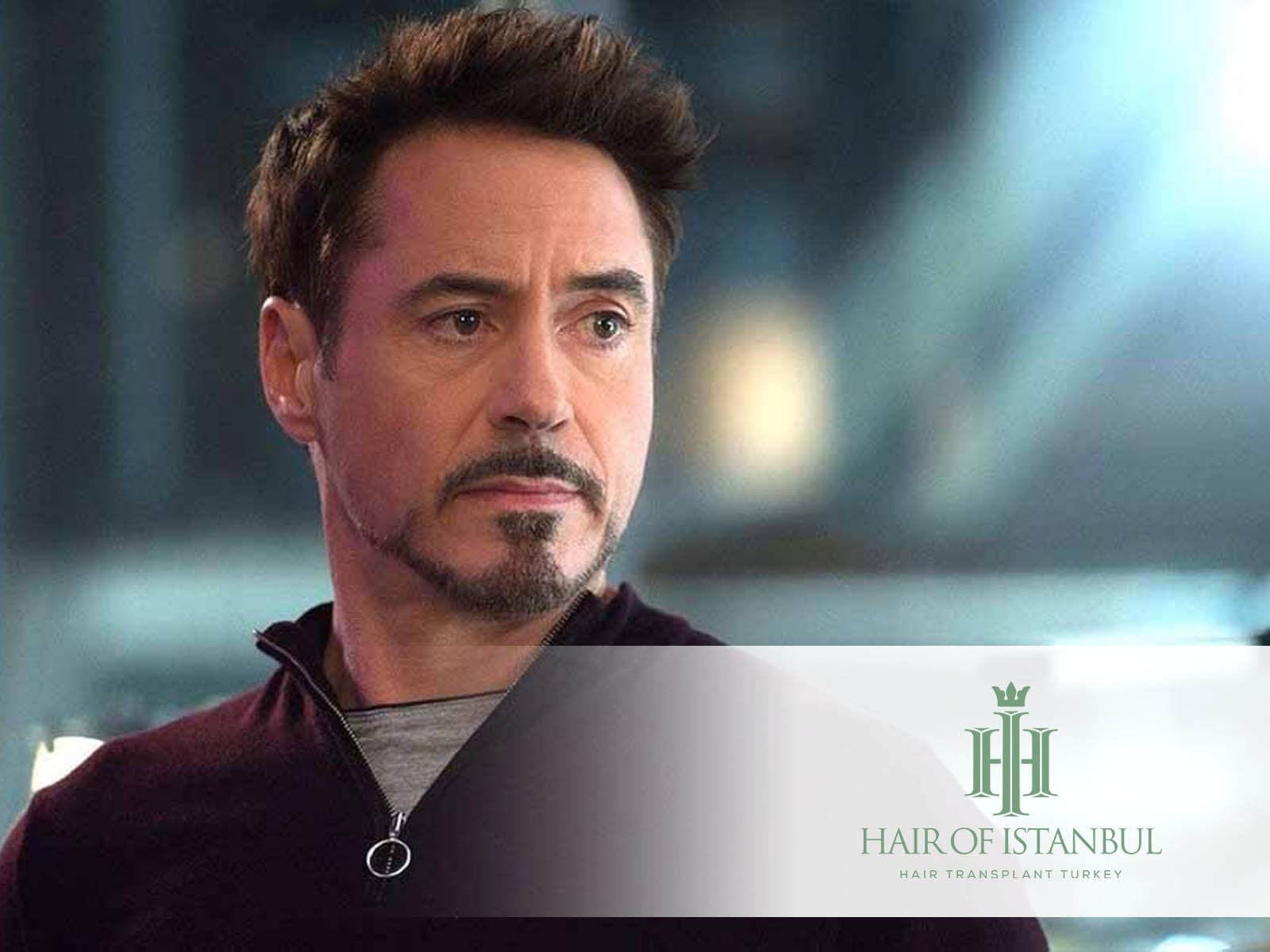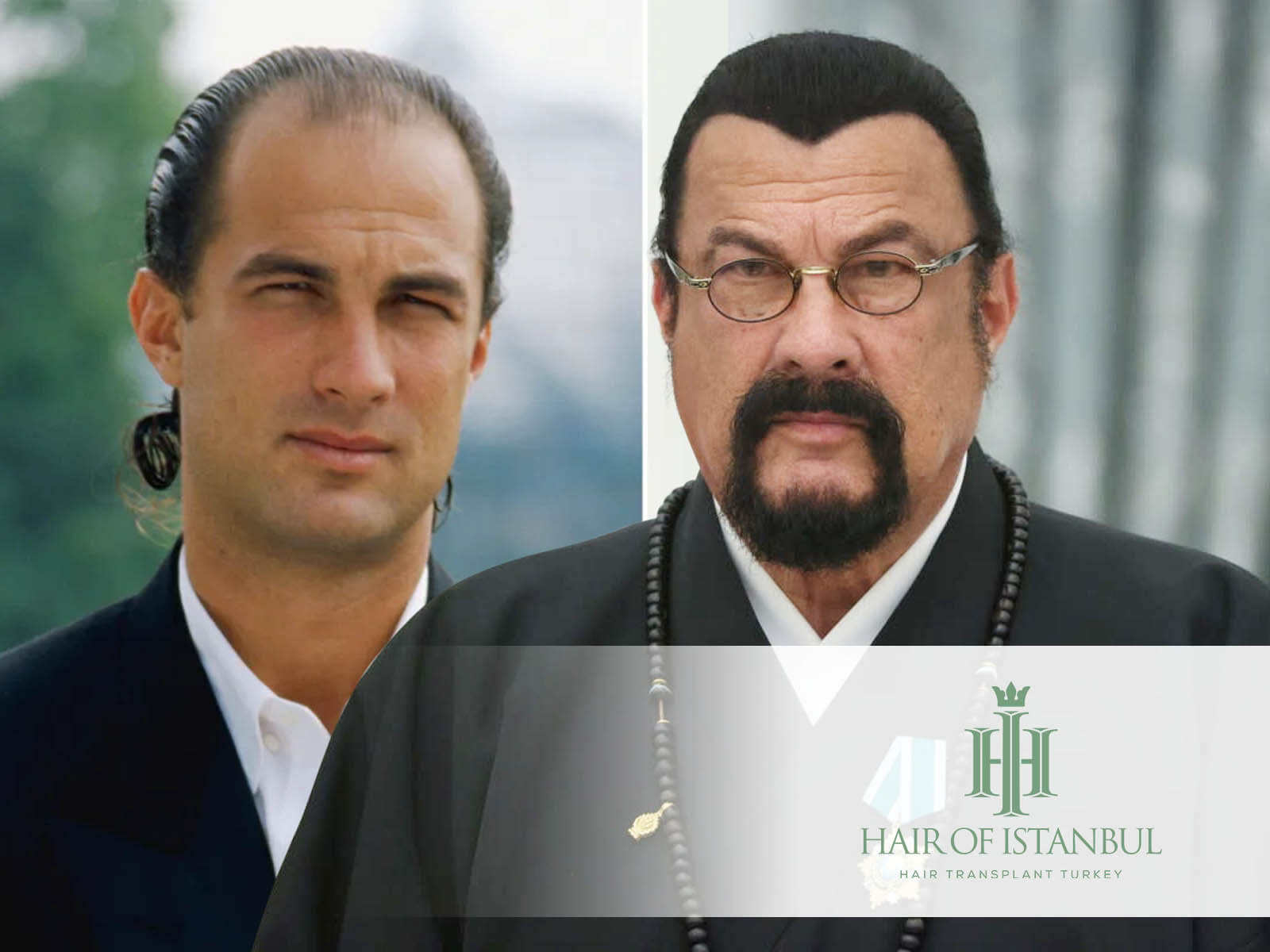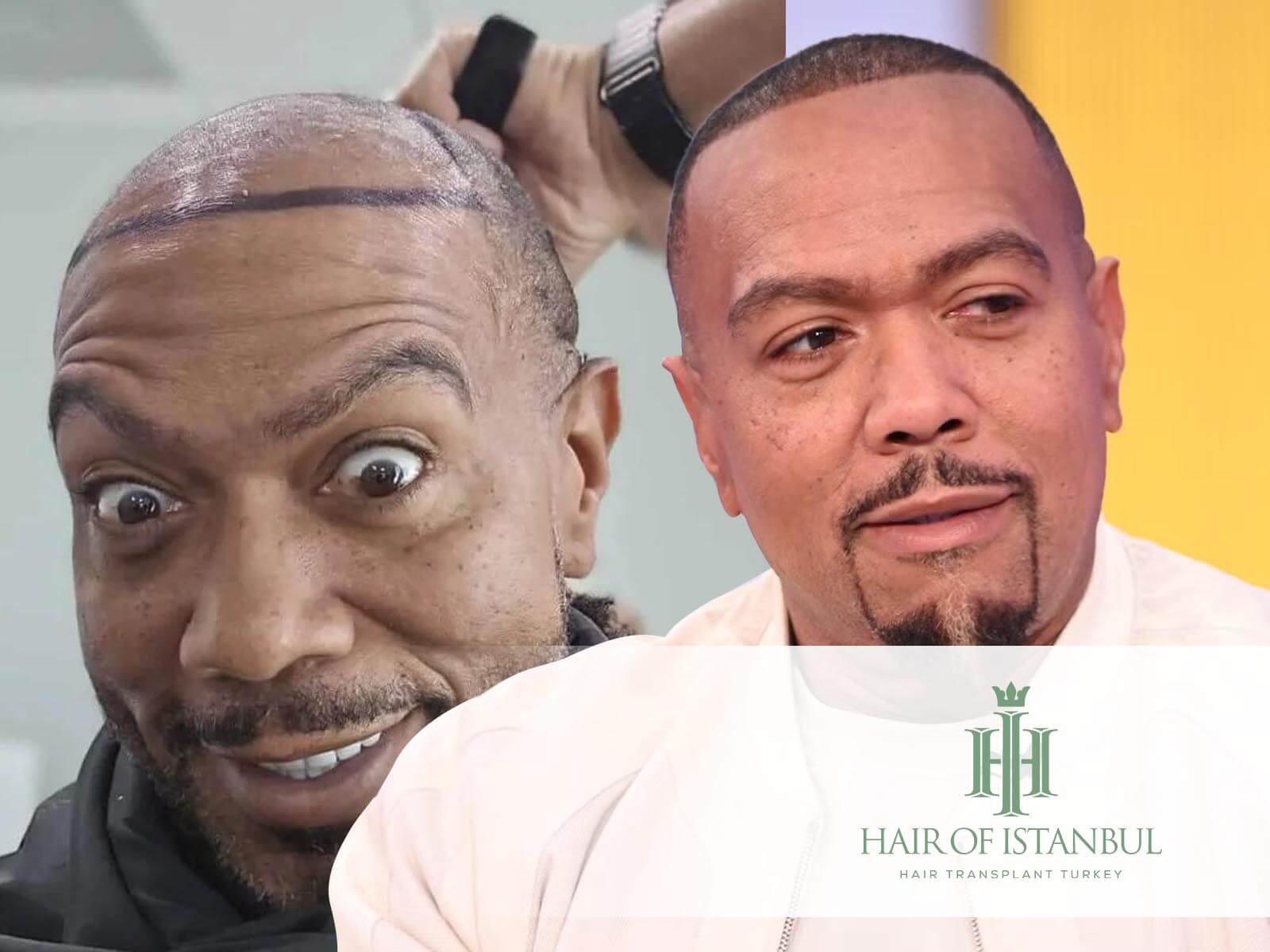Can Too Much Vitamin D Cause Female Hair Loss?
Hair loss is a concern for many women worldwide, and the quest for its cause often leads to various theories. Among these, the potential link between vitamin D and hair health has been a topic of increasing interest.
In particular, could an overabundance of this essential nutrient actually contribute to hair thinning or shedding? This question remains subject to ongoing research and discussion within the scientific community.
In this article, we delve into the complex relationship between vitamin D and hair health, particularly focusing on whether excessive amounts of this vitamin can lead to hair loss in women.
How Much Vitamin D Should A Woman Take For Hair Loss?
For maintaining healthy hair growth, a consistent intake of vitamin D is essential. The consensus from the Vitamin D Council suggests that the standard recommendation for vitamin D supplementation, usually around 600-800 IU, may not be sufficient for most individuals. To achieve healthy vitamin D levels (40-80 ng/ml), they propose a daily supplement intake of 5,000 to 10,000 IU. [1]
It’s important to note that research highlights a potential link between vitamin D deficiency and hair loss, indicating vitamin D’s vital role in supporting healthy follicles and hair growth through receptors in the skin that bind to the nutrient.
Also Read: Is It Normal to See Scalp When Hair Is Wet? Am I Balding?
What Happens If A Woman Takes Too Much Vitamin D?
Overconsumption of vitamin D may lead to toxicity. The primary effect of vitamin D toxicity is an excessive buildup of calcium in your blood, known as hypercalcemia. This condition may cause uncomfortable symptoms including nausea, vomiting, frequent urination, and fatigue.
In severe cases, vitamin D toxicity might progress to more serious problems like bone pain and the formation of calcium stones, which can cause kidney issues. It’s been observed that consuming 60,000 international units (IU) of vitamin D daily over a few months can result in toxicity. [2]
What Are The Physical Signs You’re Taking Too Much Vitamin D?
Vitamin D is vital for our health, but excessive intake can lead to toxicity, causing hypercalcemia – an excessive amount of calcium in the blood. This condition manifests in a variety of physical symptoms. [3]
If you are taking vitamin D supplements and start to notice any of the following symptoms, it could be a sign of vitamin D toxicity.
| Digestive discomfort | This can include vomiting, nausea, constipation, and stomach pain. |
| Fatigue | A feeling of being tired all the time, lack of energy. |
| Dizziness | Feeling unsteady or loss of balance. |
| Hallucinations | Seeing or hearing things that aren’t there. |
| Confusion | Difficulty in thinking clearly and understanding. |
| Loss of Appetite | Reduced desire to eat. |
| Excessive Urination | Needing to urinate more often than usual. |
| Kidney Stones | Hard deposits made of minerals and salts in your kidneys. |
| Kidney Damage | Conditions that damage your kidneys and impair their ability to function properly. |
| Kidney Failure | A condition where kidneys lost their ability to filter waste from your blood sufficiently. |
| High Blood Pressure | A condition where the force of the blood against the artery walls is too high. |
| Heart Abnormalities | Any abnormality in the heart, its functions, or structure. |
| Dehydration | Condition resulting from excessive loss of body water. |
These symptoms are associated with high levels of calcium in the blood, a condition known as hypercalcemia, which is commonly seen in cases of vitamin D toxicity. If you experience these symptoms, it may be indicative of an excessive intake of vitamin D.
Also Read: How Often Should I Shampoo and Condition My Hair (Male)?
FAQ
How long does it take to flush vitamin D out of your system?
Vitamin D is fat-soluble and stored in the body’s fat tissues, making it more challenging to eliminate. It may take several weeks to months for high levels to drop sufficiently once intake is reduced.
What vitamin stops your hair fall?
Biotin, also known as vitamin B7, is often touted for its role in maintaining hair health and potentially reducing hair loss when taken as a supplement.
What vitamins are linked to hair loss?
Insufficiencies in various vitamins, including vitamin D, B vitamins (especially B7 or biotin), and vitamin E, can potentially contribute to hair loss.
What cancels out vitamin D?
Certain substances, such as excessive alcohol or caffeine, can interfere with vitamin D absorption. Likewise, some medications may reduce its effectiveness.
What are the most common side effects of vitamin D3?
The most common side effects of taking too much vitamin D3 can include fatigue, nausea, vomiting, and constipation. If you notice these, consult your healthcare provider.
What are the side effects of too much vitamin D?
Excessive vitamin D can lead to hypercalcemia, or high calcium levels in the blood, causing symptoms like frequent urination, nausea, constipation, and in severe cases, kidney damage and irregular heartbeat.
Also Read: Is the Sun Good for Your Hair? Find Out How It Truly Affects It!
Is Hair Loss A Side Effect Of Too Much Vitamin D?
There is a common presumption that an excess of vitamin D could lead to hair shedding. However, as of the current scientific landscape, this belief is not backed by substantial empirical evidence.
It’s important to remember that, although vitamin D is essential, an overabundance – far beyond recommended levels – can lead to vitamin D toxicity, known to result in a plethora of physical ailments. But a direct correlation between excessive vitamin D and hair loss is yet to be definitively substantiated by research. [4]
In essence, maintaining an appropriate balance of vitamin D is crucial. It’s neither deficiency nor excess, but the right amount of this vital nutrient that helps keep our locks lush and healthy.
As always, it’s advisable to consult with a healthcare provider to determine the optimal dosage of any supplement, including vitamin D, according to your individual health needs.
Is Hair Loss Due to Vitamin D Reversible?
If you’ve noticed hair thinning or shedding, and suspect it’s due to a deficiency in vitamin D, you’ll be relieved to know that the condition is typically reversible. Once you address the deficiency and increase your vitamin D levels, your hair follicles are likely to return to their normal function, encouraging hair to grow again. [5]
However, keep in mind that the journey back to fuller, healthier hair isn’t instantaneous. It might take several months before you start noticing visible regrowth. Thus, patience is a virtue when awaiting the results of your efforts to increase vitamin D levels.
Also Read: Does Vaping Cause Hair Loss? Separating Fact from Myth!
CONCLUSION
Indeed, the interplay between vitamin D and hair health is complex and still an area that requires further investigation. Overdosing on vitamin D may have health implications, yet its direct impact on hair loss in women remains inconclusive. We all understand the importance of maintaining the right balance of nutrients for overall wellness, and vitamin D is no exception.
Speaking as a physician with years of experience in hair restoration, I can confidently say that while vitamins play their part, definitive solutions for female pattern hair loss lie in medical advancements like hair transplantation. When considering this step, I advise patients to reach out to experienced clinics such as Hair of Istanbul.
Hair of Istanbul is renowned for its vast experience and positive patient testimonials, making it a reliable partner in the journey of hair restoration. Patients from around the world choose our clinic, knowing they can trust our expertise. It’s important to recognize that every person’s experience with hair loss is unique, and seeking professional advice is essential when considering any treatment. Your health should always be a top priority, so make informed decisions guided by experts.
References:
- [1] Miami Hair Institute, Jan 8, 2018 – You Need More Vitamin D. So Does Your Hair – https://www.miamihair.com/blog/hair-loss-research/need-vitamin-d-hair/
- [2] Katherine Zeratsky, Mar 22, 2022 – What is vitamin D toxicity? – https://www.mayoclinic.org/healthy-lifestyle/nutrition-and-healthy-eating/expert-answers/vitamin-d-toxicity/faq-20058108
- [3] Franziska Spritzler & Jillian Kubala, May 31, 2023 – What Are the Symptoms of Too Much Vitamin D – https://www.healthline.com/nutrition/vitamin-d-side-effects
- [4] Joe Graedon, M.S., & Teresa Graedon, Ph.D., Apr 27, 2022 – Can too much vitamin D lead to hair loss? – https://www.houstonchronicle.com/lifestyle/renew-houston/health/article/Can-too-much-vitamin-D-lead-to-hair-loss-17131770.php
- [5] Amber Smith, May 19, 2023 – Does Vitamin D Deficiency Lead to Hair Loss? – https://www.discovermagazine.com/lifestyle/does-vitamin-d-deficiency-lead-to-hair-loss







